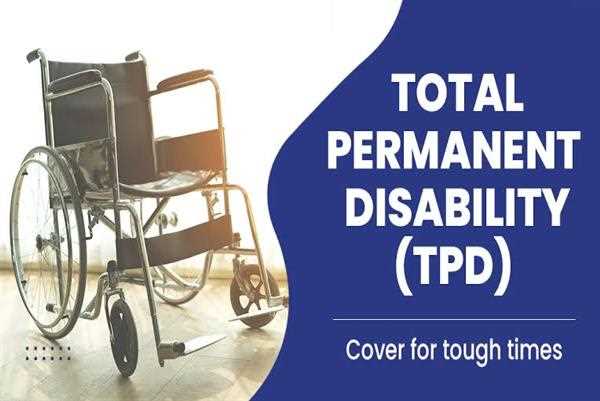Permanent total disablement (PTD) is a term used to describe a type of injury that results in permanent and total loss of physical or mental function. In many cases, PTD is the result of a severe injury that leaves an individual unable to work or perform basic daily activities. The following is a list of injuries that are often deemed to result in PTD:
- Total and permanent loss of sight in both eyes: This injury can occur as a result of an accident or illness that affects both eyes. It can result in complete blindness and can make it impossible for an individual to work or perform daily activities.
- Loss of both hands or both feet: Losing both hands or both feet can make it impossible for an individual to perform many types of work or to perform basic daily activities without assistance.
- Total and permanent paralysis: Paralysis can occur as a result of a spinal cord injury or other severe injury to the nervous system. It can result in the loss of movement and sensation in the affected limbs or parts of the body.
- Loss of both arms or both legs: Losing both arms or both legs can make it impossible for an individual to perform many types of work or to perform basic daily activities without assistance.
- Severe brain damage: Severe brain damage can occur as a result of a traumatic injury to the head or as a result of an illness or disease. It can result in permanent cognitive impairment or loss of mental function.
- Total and permanent loss of speech: Losing the ability to speak can result from a variety of injuries or illnesses, including stroke, traumatic brain injury, or throat cancer.
- Total and permanent loss of hearing in both ears: This injury can occur as a result of a variety of causes, including exposure to loud noises, illness, or injury.
- Loss of a combination of limbs or senses: Injuries that result in the loss of a combination of limbs or senses can also result in PTD. For example, an individual who loses both arms and the ability to speak may be deemed permanently and totally disabled.